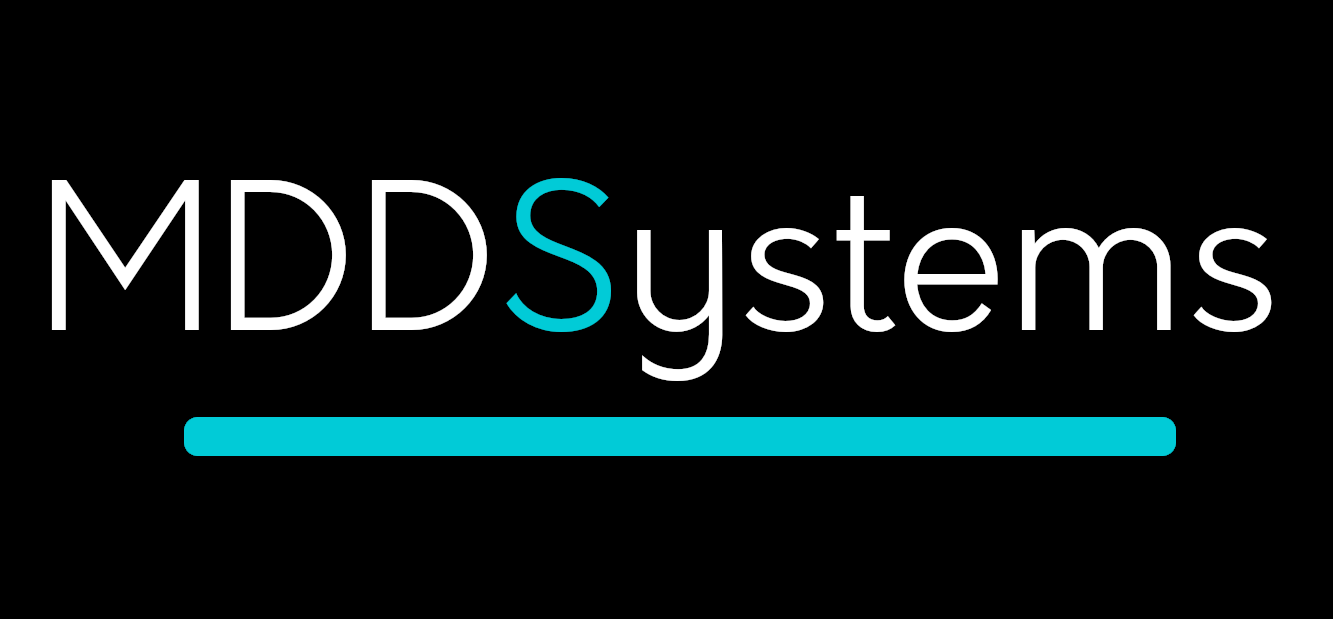The Project Management Book of Knowledge (PMBOK) written by the Project Management Institute (PMI) splits a project into the following 5 phases:
-
- Initiation
- Planning
- Execution
- Monitoring and Controlling
- Closing
Note that each phase may overlap especially the Execution and Monitoring and Controlling Phases.
Initiation
This phase defines what the project should do at a high level and also defines the authority of the Project Manager to lead the project.
Planning
This phase defines the details of the key activities in the project such as the budget, schedule, scope etc. This is an important step as it lays the foundations for a successful project. Hence it is very important to spend time and get this phase correct.
Execution
This is where the actual daily work of the project is carried out and it should follow the plans defined in the planning stage. Obviously changes are allowed but these should be controlled and documented.
Monitoring and Controlling
This phase is done in parallel with the Execution phase. The work is monitored and assessed; are we on budget and on plan to complete on time; are we communicating well with stakeholders; are we managing risk well?
Closing
Once the work is complete then this phase closes off the project and checks that the project delivered what was planned.
We’ll go into more detail of these phases later and also discuss the impact of poor implementation of each phase.
